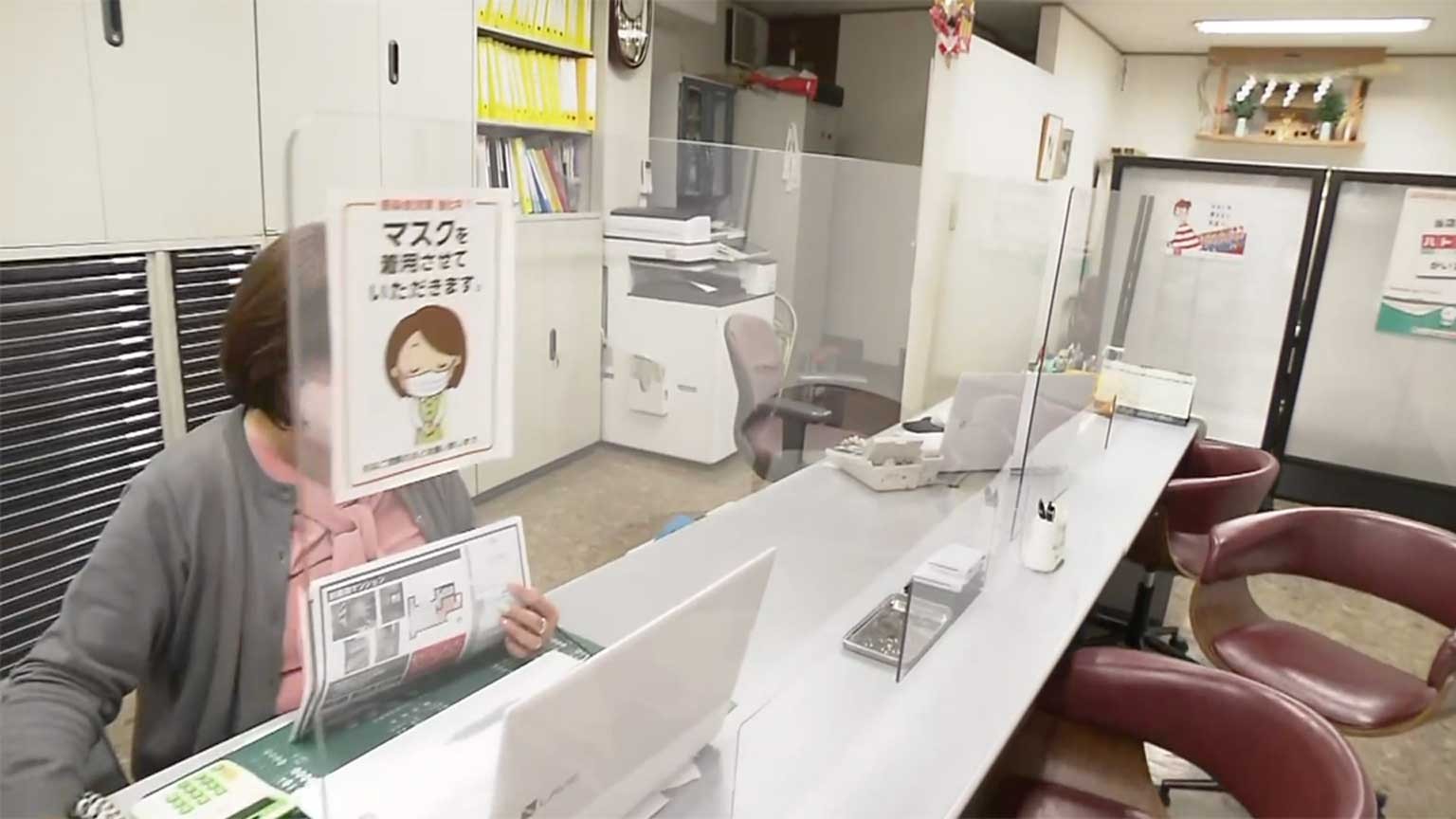The ministry says the government will no longer make blanket requests after May 8 when it reclassifies the virus as category five, the lowest level and the same as seasonal influenza.
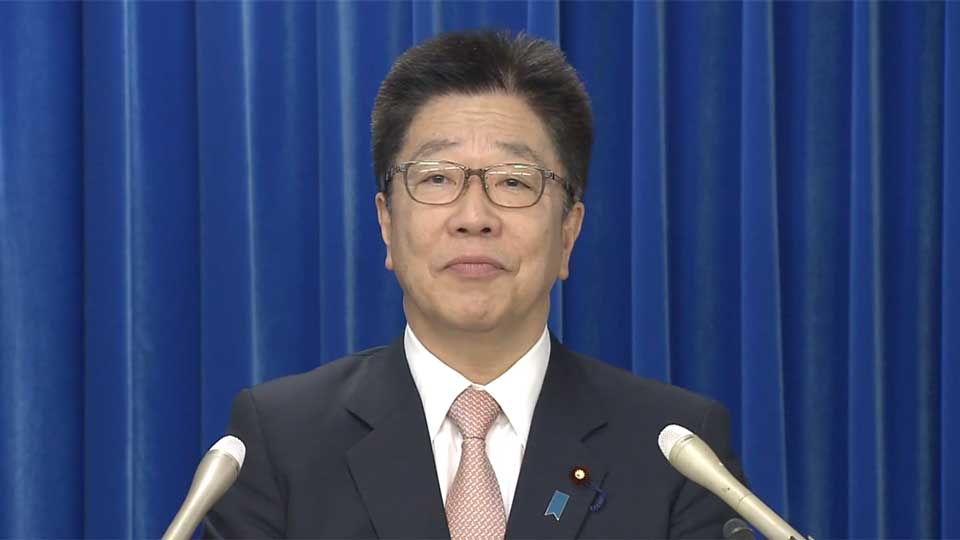
Officials continue to recommend that people wash their hands and ventilate rooms.
They say social distancing will be effective during a surge in infections, especially for people with a high risk of developing serious symptoms.
Businesses will be able to decide whether to continue anti-infection measures based on their effectiveness, costs and other factors. These include checking temperatures, installing hand sanitizers and setting up transparent barriers.
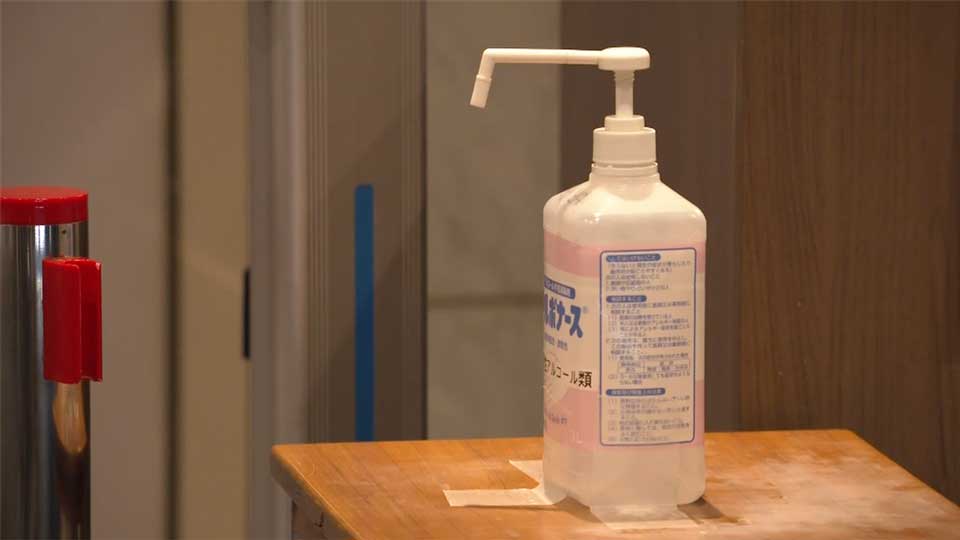
Most financial support to end
Health ministry officials say they will end free coronavirus testing and treatment after the virus is reclassified in May.
But they say their financial support for hospitalization costs, up to 20,000 yen, or roughly 150 dollars, will continue until the end of September, and public funds will be used to cover the cost of expensive drugs.
The government says it will review that financial support at the end of September.
Anti-infection measures to gradually shift
Kanto Gakuin University near Tokyo says it will remove transparent panels from its cafeterias.
It also plans to take away thermometers set at the entrance of the university to measure body temperature. Students will not be required to wear masks.
One of the students says she is happy about the university's decision to remove acrylic barriers.
"With the screens, it was hard to have conversations. I think the change will make us easier to communicate with each other," she says.
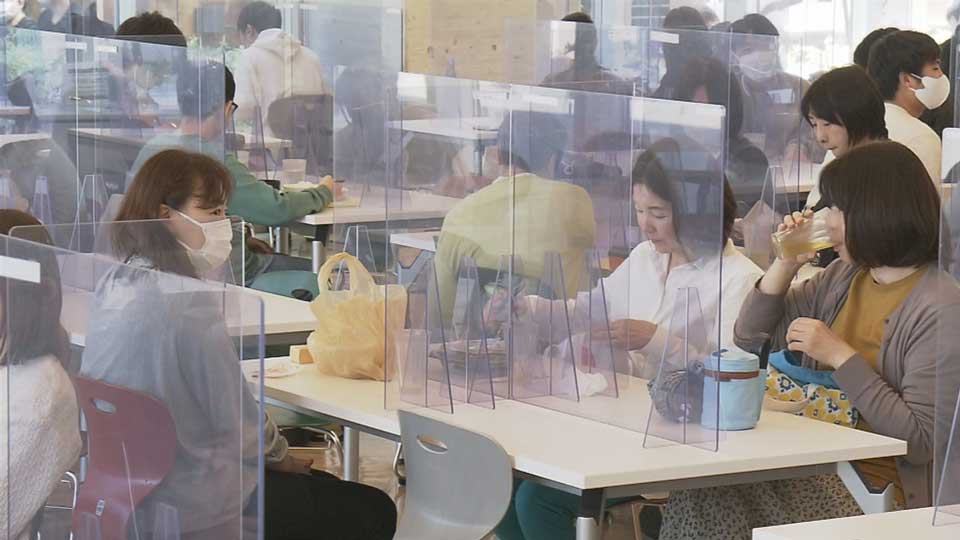
Some local governments say they will continue to use acrylic barriers.
"We need to consider the characteristics of the city hall, where a wide range of citizens, including the elderly and people with underlying diseases would visit," says Sugita Go, an official with the Komae City government.
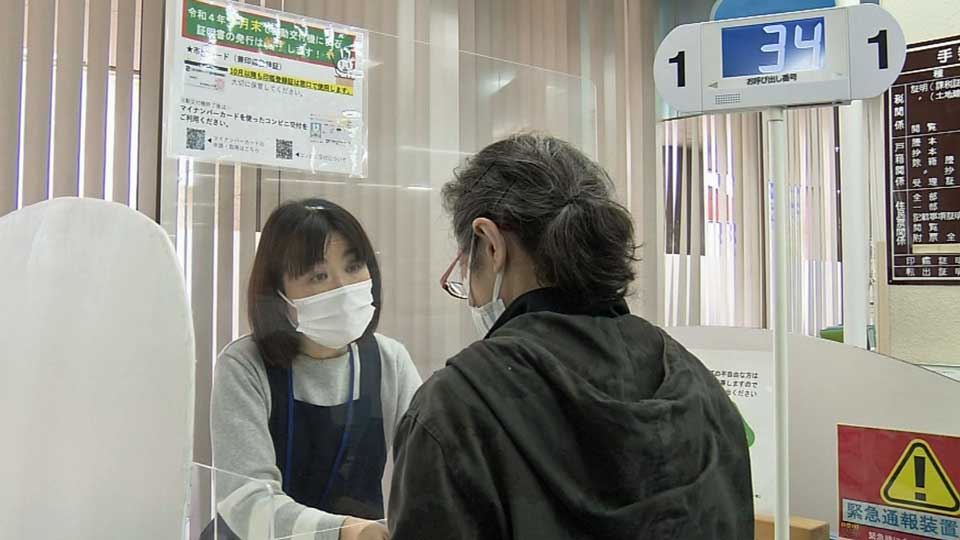
Japan reports 6,730 new coronavirus cases on Friday
Japan reported 6,730 new COVID-19 cases on Friday.
Health ministry officials say there were 67 seriously ill patients on ventilators or ECMO heart-lung machines.
